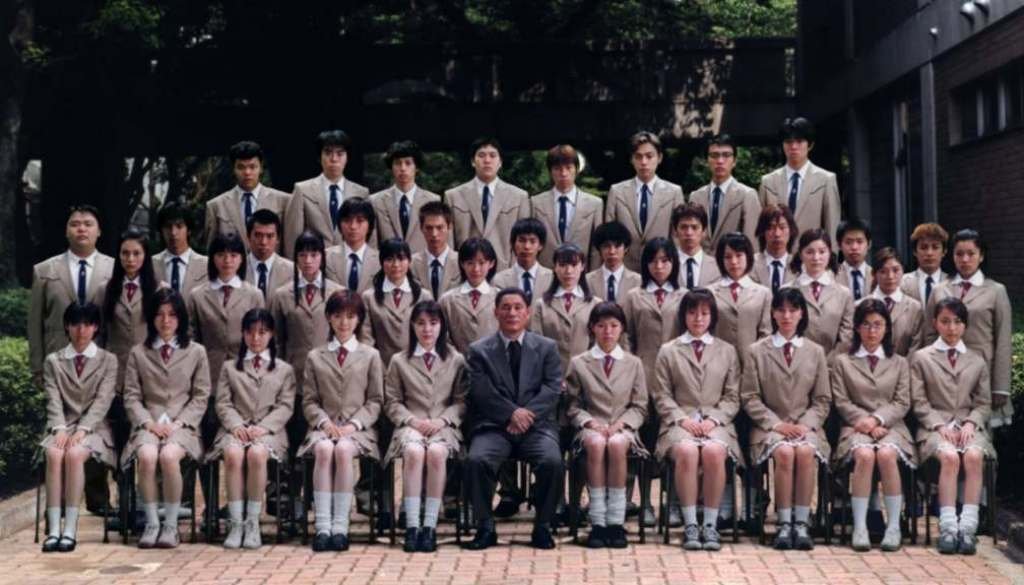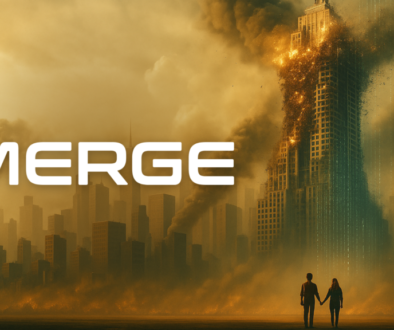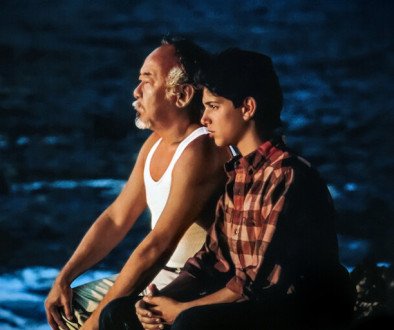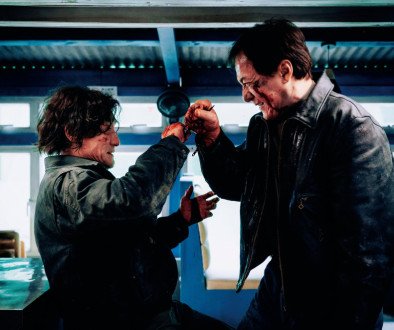The Movies That Moved Me: Kinji Fukasaku’s BATTLE ROYALE
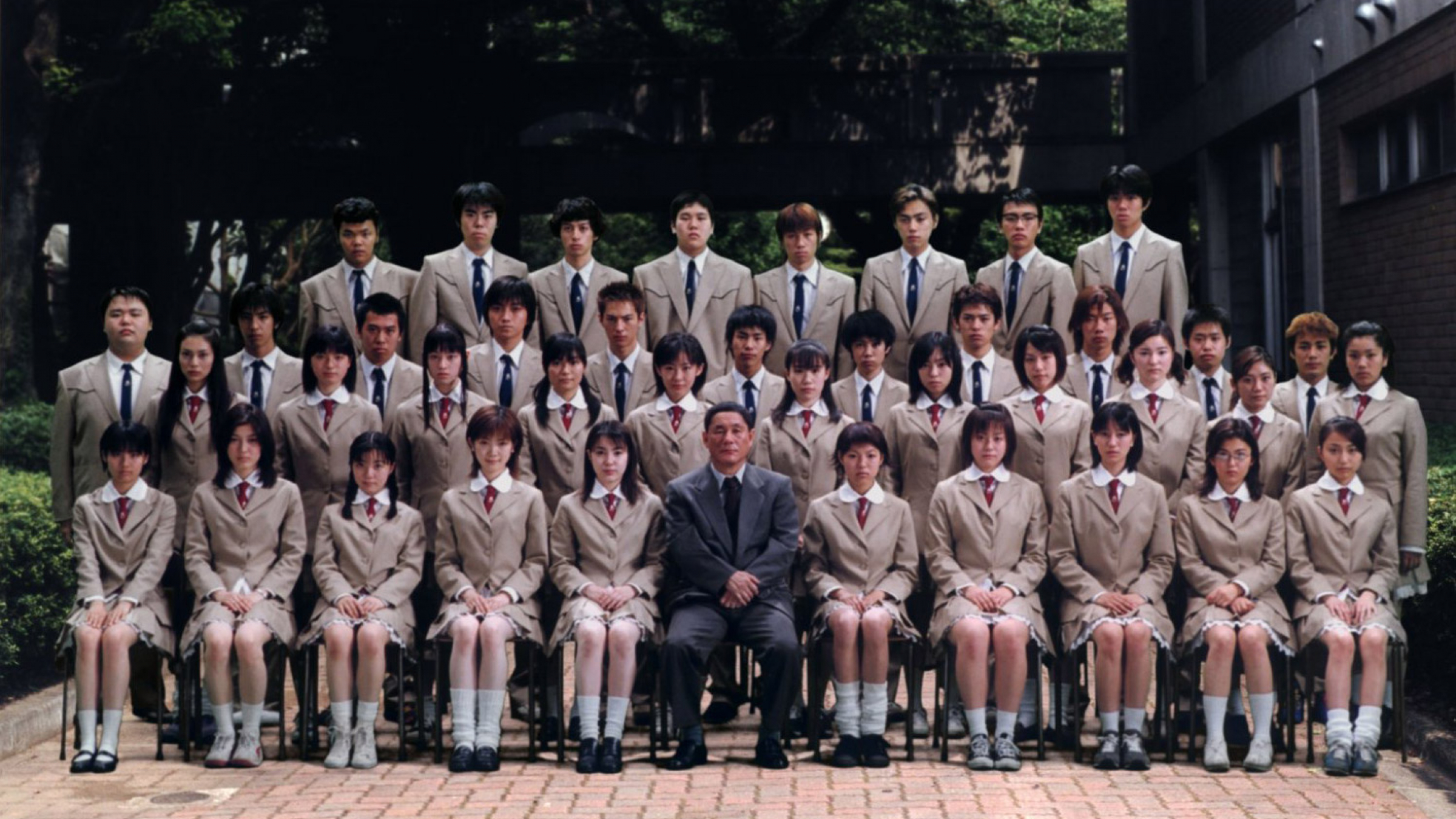
I was maybe 13 or 14 when I was in the middle of my Asian crossover phase with the likes of Jackie Chan, Jet Li, and Michelle Yeoh hitting theatrical screens and local VHS kiosks. Seldom as Asian markets were to me and mine at the time, I was that age when I’d only then hear of the name Beat Takeshi, deciding one day out of curiousity to rent his 2000 crime flick, Brother. I thought it was okay, but I’d never been exposed to the actor’s back catalogue like I would be in the years that followed.
That same year or sometime ther would be when Takeshi’s next apperance would land him in Kinji Fukasaku’s live-action adaptation, Battle Royale, based on Koushun Takami’s 1999 Ohta manga. The film wouldn’t land on U.S. soil until a few years later, when I’d finally taken note of some more of Takeshi’s appearances, albeit by movie title only. These titles were still a rarity to me, while in my nascency having accustomed to Takashi Miike’s oddities like Ichi The Killer and perhaps the most bizarre one I’d ever seen, Ozu, and other works by directors such as Ten Shimoyama, Shinsuke Sato, Yudai Yamaguchi and Ryuhei Kitamura.
Enough time passed and I would eventually end up scrapping enough money to buy a Korean import version of a two disc-set of containing both Battle Royale and Battle Royale II: Requiem, at a Korean bookstore in Manhattan. It was maybe about $35-$40 or so, and I could afford it at the time. I won’t bother regurgitating the plot here, but I did want to take a little time to share my own appreciation in this nebulous space of genre cinema full of opinions and/or love, in general.
Invariably, this movie is violent. It’s thorny in some areas that certainly tested and pushed boundaries on what counts as OTT violence in film. There’s definitely no getting around just how tangible and triggering a film like this can be, particularly seeing as I live in a country whose elected officials (largely of a right-wing variety) have long prioritized empty-handed and performative gestures over solutions pertaining to violent events in schools, while steering the conversation consistently through a kakistocratic lens. Alas, if it’s hard for you to suspend disbelief when it comes to films like this, regardless of some of the immediate and logistical differences, your feelings are valid.
Indeed, Fukasaku had his own ideas upon making the film – thoughts and perspectives that extend as far back as his upbringing from the second world war. For this, it matters that he found his inspiration in a story like the one told in Takami’s manga, adapted accordingly for the screen by Fukasaku’s son, Kenta, who would go on to finish his father’s work on Requiem.
I read online that the second film fared less than the first one. I won’t rail against anyone’s opinions here, but what I will say is that I do enjoy both films. My only regret thusfar is loaning my imported 2-disc special edition of both films to a lady friend I really cared about on who one day “lost” my DVDs. I’m still pretty mad about that, but I’m definitely hoping to restock via Blu-Ray as soon as possible. The films are currently available wherever movies are sold or streamed, albeit in English, which for me is an issue, as I would rather own these physical mediums on Region A Blu-Rays than just stream them.
The Battle Royale films have stuck with me for close to about twenty years. It’s not necessarily about how enjoyable they are in their niche-driven action and violence, high drama and cult thrills. Battle Royale marks the first time I heard Dragon Ash’s end credits song, “Shizuka na Hibi no Kaidan Wo”. Those suspended C2, G2/G5, and Am sus4 guitar chords continue to ring in my head like a ballad of halcyon heartache and bygone bliss, coupled with the up-close shots of each of the classmates, always seem to assure that I keep playing the film long after the final shot of Takeshi in character asking co-star Aki Maeda’s role “In this moment, what should an adult say to a kid?”
…And don’t come after me about the song. I love it for the same reason I love Asian Citypop: I may not be fluent in the language, but it’s all a vibe to me. IYKYK.
All smiles…
If you enjoyed this little love letter to Fukasaku, check out my review of his 1983 hit historical fantasy thriller, Legend Of The Eight Samurai, now available from Eureka Entertainment.
“The Movies That Moved Me” is a series of articles in which I reflect on (or revisit) select films and various aspects of films that made me the fan I am today, and inspire me to write as I do.
Native New Yorker. Been writing for a long time now, and I enjoy what I do. Be nice to me!

